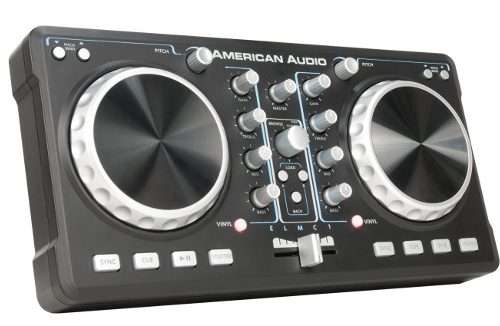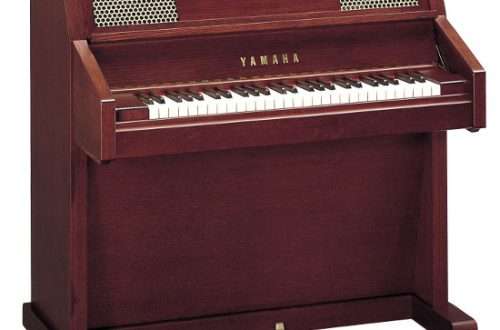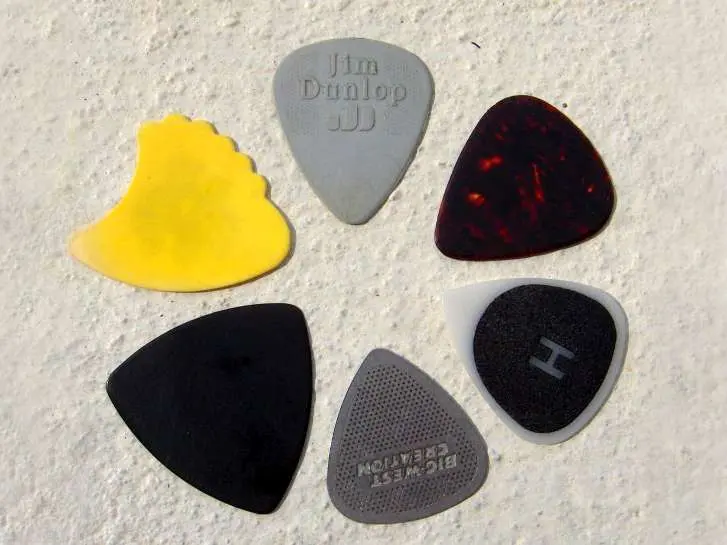
Guitar picks
On the surface, it might seem that the guitar pick is just a small addition. Indeed, when it comes to dimensions, it is basically the smallest part of our guitar accessories, but it certainly cannot be said that it is an insignificant minor addition to the guitar. On the contrary, the pick is the element that has a huge impact on both the sound of our guitar and the way it is produced. Its thickness and flexibility will largely determine how our guitar will sound. Proper and good fit of the cube will make it much easier for us to play with the right technique. All this makes it worth finding and adjusting the dice that will work best in the music genre we play.
It cannot be stated unequivocally that this or that dice is the best for a given musical genre. Of course, we can conventionally say that, for example, to play the chord technique, it is better to use thinner dice, which are more flexible, and for solos, harder and stiffer ones are more preferable, thanks to which we have more control over the dice and we can be more precise. However, the main determinant is the personal preferences of the player. It depends on the individual preferences of the guitarist which picks he will play best and the only way to find the right one is to test different types of picks. Fortunately, the guitar pick is one of the cheapest of all guitar accessories. And the prices of even the most expensive and the most company-owned ones do not exceed PLN 3-4, unless someone has a whim and wants a special cube. In fact, it doesn’t even make much sense to buy the “most expensive” ones, because a cube for PLN 2 should be enough for us. It is important that we hit the right thickness and flexibility, and we will find out after testing a few or a dozen different models.
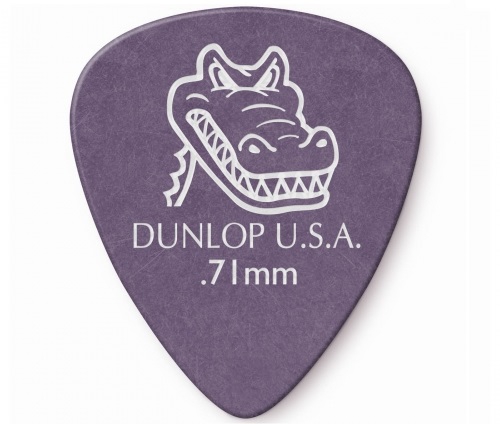
The flexibility of a cube depends primarily on its thickness and the material from which it is made. As for the material, various raw materials have been used for the production of cubes for decades. The guitar is a relatively old instrument and from the very beginning a variety of materials were used in addition to the fingers to pluck the strings. The cubes were made of, among others, wood, bones, stones and amber. Today, of course, plastic dominates, and one of the leading ones is celluloid, polycarbonate. As for the thickness, the thinnest ones are those with a thickness of 0,3-0,7 mm. For the medium ones, from 0,8 mm to 1,2 mm, and the thicker ones are about 1,5 mm, but it should be noted that these are the sizes of picks used to play electric or acoustic guitar. For playing bass or ukulele, thicker and stiffer picks are used, and here we can find picks, 4-5 mm thick.
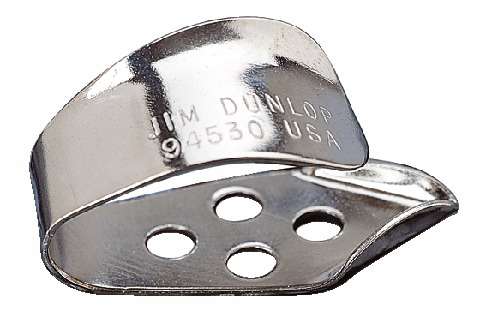
In addition to the thickness and flexibility, the dice may differ in shape, although the vast majority of dice are in the form of a triangle with rounded vertices, with the vertex played the mildest. These types of cubes are commonly referred to as standard cubes. The more sharp tips are the jazz picks, which are perfect for solo play. There are also teardrops, which are smaller than the standard cube, and triangles, which in turn are larger, much more angular and larger. The latter are usually much thicker and are mostly used by bassists. You can also meet so-called finger picks. claws that are put on fingers and operated like fingernails.
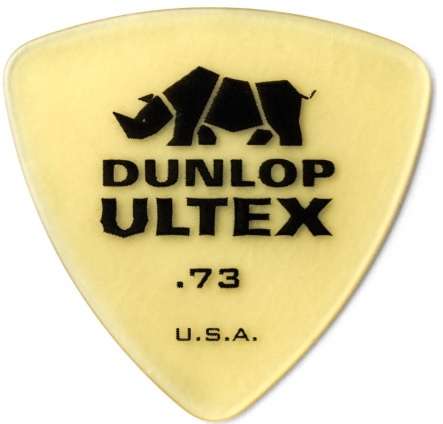
Each of the above types of dice has its own specificity and works well with a different playing technique. Another cube should be used for accompaniment when we mainly use chords, and another when we want to play some solos, where we perform a lot of single notes in a short period of time. When choosing a dice, remember that, first of all, it must rest well in your fingers. It is an extension of your fingers and must be adjusted so that you have full control over it. This is why its appropriate flexibility is so important. If the ankle is too soft, it is more difficult to control its flexibility. When playing chords, it does not bother you and even makes playing easier, because it does not resist pulling on the strings, but when playing single notes, a harder, more pressure-resistant pick will work better.



